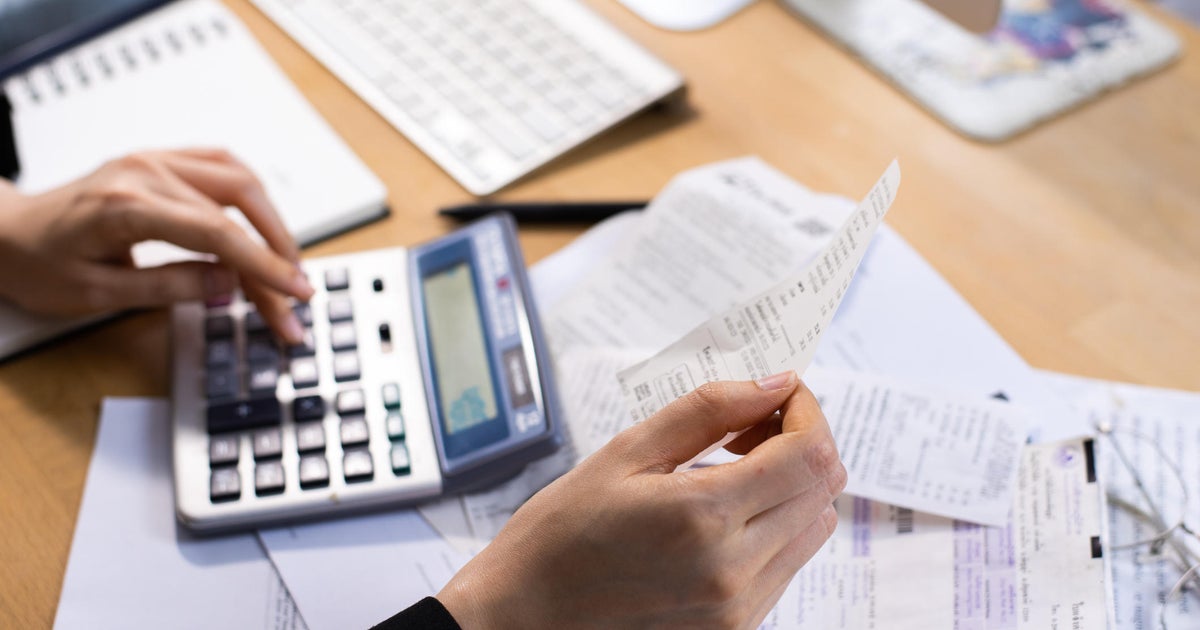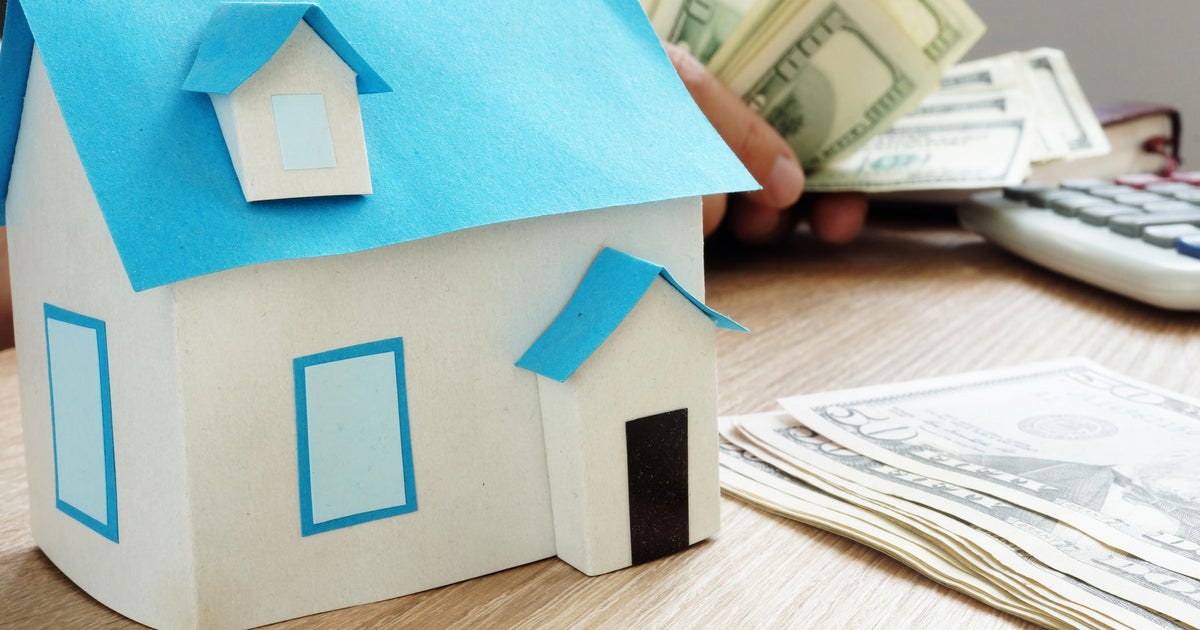Why you should deposit $20,000 in a high-yield savings account right now
Saving money is key to most long-term financial strategies. Whether you're planning for retirement, moving into a new house or even throwing the wedding of your dreams, putting aside money now is step one — and it helps if that money is working for you rather than simply sitting stagnant.
That's where high-yield savings accounts come into play. A high-yield savings account works just like a traditional savings account, but it offers much higher yields. While both brick-and-mortar banks and online banks offer these types of accounts, the highest rates can often be found at online-only banks due to having less overhead than traditional banks.
And, if you've got $20,000 sitting in your checking account and you'd rather have it contributing to your long-term financial success, now is a good time to move the money to a high-yield savings account.
Shop online for a high-yield savings account today.
Why you should deposit $20,000 in a high-yield savings account right now
There are a few reasons why putting $20,000 into a high-yield savings account right now might be the right move for you. Here's what you need to know:
Rates are high right now – but that might not last
A higher interest rate on your savings means more passive income flowing into your account, which helps you more quickly reach your financial goals. Luckily, rates on high-yield savings accounts are high right now. In fact, it's possible to find high-yield savings accounts offering interest rates of more than 5% currently.
It makes sense to act now, though, because rates may start to come down soon. Part of why rates are so high is that the Federal Reserve has raised the federal funds rate 11 times over the past 18 months to fight inflation. The plan has been a success so far, as the inflation rate went from more than 9% in June 2022 to just over 3% in November 2023. In response, the Fed has chosen to pause interest rates for three consecutive meetings and signaled that rate cuts may finally come in 2024.
While the Fed does not directly set consumer savings rates, the interest rates offered by banks tend to move with the federal funds rate. This means that if the Fed starts cutting rates next year, the interest rates banks offer on deposit accounts may go down as well. And because high-yield savings accounts have variable rates, if that happens, you'll earn less interest. So, it makes sense to put $20,000 into a high-yield account now in order to start earning at today's high rates while they are still being offered.
Find out more about your high-yield savings account options here.
High-yield savings accounts are flexible and secure
Another possibility for earning interest on your $20,000 is to put the money into a certificate of deposit (CD). The upside of a CD is that the rate is fixed, which means that even if rates go down, you'll still earn the rate you locked in when you opened the account.
The tradeoff, though, is that you typically won't have access to the money during the CD term — not without paying a penalty, anyway. In general, there are substantial penalties for taking money out of a CD before the term is up. But with a high-yield savings account, you have the option to take money out of the account when you need it. Some accounts even offer ATM access.
Another reason to put your $20,000 into a high-yield savings account is that the account will be secure. Even if your bank fails, savings accounts are insured by the FDIC for up to $250,000 per depositor, per account, so you won't have to worry about losing your money if the worst-case scenario happens.
The bottom line
If you have $20,000 in your savings but you'd like it to earn more interest, a high-yield savings account may be a great option. You should make a move quickly, though, because rates on these accounts are high right now – but that might not last long. Opening a high-yield savings account today lets you earn interest while the high rates are still available. A high-yield account is also secure but flexible, giving you the ability to make the decisions you need with your money.




